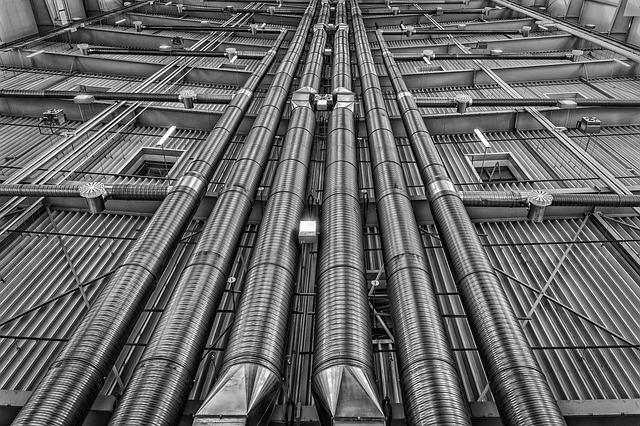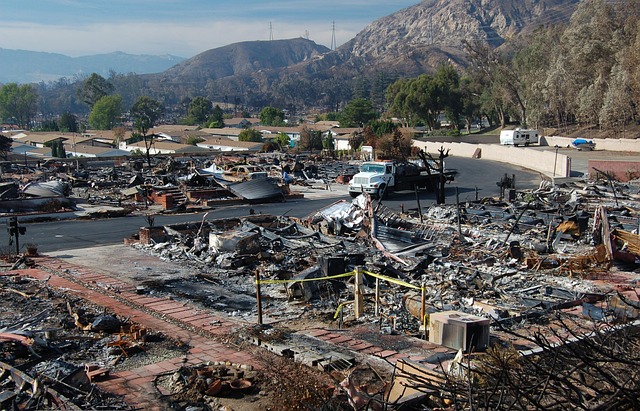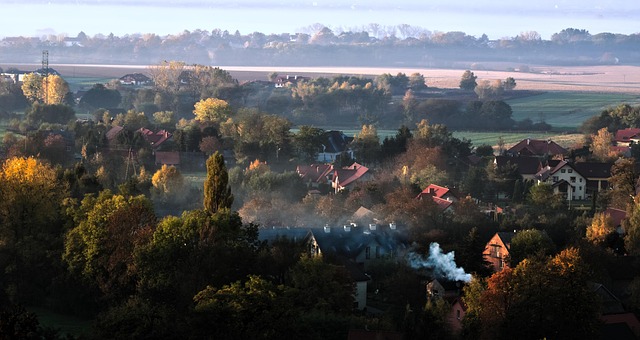Traditional gas water heaters face drawbacks like long wait times, energy inefficiency, and frequent replacements, prompting a shift towards gas water heater alternatives. Tankless gas systems and propane water heaters offer rapid recovery times, minimizing energy wastage and maximizing efficiency. Modern models feature high-capacity heating elements and sophisticated temperature control for enhanced performance. Installation requires careful planning, adherence to safety standards, and professional guidance, while regular maintenance is crucial for optimal function and safety, especially with natural gas heaters and propane heaters.
In today’s fast-paced world, wait times for hot water can feel like an eternity. Traditional gas water heaters, while reliable, often lag in delivering instant heat, leading to inefficient energy usage and frustrating delays. This is where rapid-recovery technology steps in as a game-changer. This article explores the rise of modern, quick-response gas water heaters that significantly minimize wait times, enhance efficiency, and offer numerous benefits for your home or business.
- Understanding Traditional Gas Water Heaters and Their Drawbacks
- The Rise of Rapid-Recovery Technology in Hot Water Systems
- Key Features of a Modern, Quick-Response Gas Water Heater
- Benefits: Reduced Wait Times and Increased Efficiency
- Installation, Maintenance, and Safety Considerations
Understanding Traditional Gas Water Heaters and Their Drawbacks

Traditional gas water heaters have long been a standard in residential homes, offering convenient access to hot water on demand. These systems typically utilize either natural gas or propane to heat water stored in a tank, ensuring a constant supply for various household needs. However, despite their popularity, traditional tank-based gas water heaters come with several drawbacks. One significant disadvantage is the lengthy wait times between turning on the hot water tap and actually receiving hot water. This is due to the time it takes for the cold water in the pipes to be replaced by heated water from the tank.
Moreover, tank water heaters are energy inefficient, as they continuously reheat stored water, even when not in use, leading to higher energy consumption and correspondingly higher utility bills. Additionally, these systems have limited lifespan, requiring frequent replacements, which can be costly for homeowners. The need for regular maintenance and potential safety hazards associated with gas appliances further highlight the limitations of traditional gas water heating methods.
The Rise of Rapid-Recovery Technology in Hot Water Systems

In today’s fast-paced world, where instant gratification is a way of life, wait times for hot water can feel like an inconvenience. This has led to a significant rise in demand for gas water heater technology that promises rapid recovery—a game-changer for residential water heating. Traditional tank water heaters often struggle to keep up with modern lifestyles, leaving users to deal with lengthy waits between uses.
This need has spurred innovation in gas water heating solutions, particularly tankless gas systems and propane water heaters. These advanced hot water systems utilize sophisticated engineering to deliver on-demand hot water, minimizing energy wastage and maximizing efficiency. The energy efficient heating benefits of these technologies are further boosted by their rapid recovery capabilities, making them a popular choice for both natural gas heaters and gas fired heaters in homes across the globe.
Key Features of a Modern, Quick-Response Gas Water Heater

Modern gas water heaters are designed with several key features that significantly enhance their performance and efficiency in providing rapid hot water. One of the primary advantages is their quick response time, ensuring minimal wait times for users. These advanced systems utilize high-capacity heating elements and sophisticated temperature control mechanisms to deliver hot water on demand.
Additionally, many modern gas water heaters incorporate energy-efficient technologies, such as tankless gas systems or condensing units, which reduce energy consumption and lower operating costs. Propane or natural gas heaters are increasingly popular choices for residential water heating due to their reliability and ease of use. Tankless gas systems, in particular, eliminate the need for a storage tank, resulting in improved space utilization and more consistent hot water supply. These features make modern gas water heaters an excellent option for homes seeking efficient and dependable hot water systems.
Benefits: Reduced Wait Times and Increased Efficiency

One of the most significant advantages of rapid-recovery gas water heaters is the dramatic reduction in wait times for hot water. Traditional tank water heaters often struggle to keep up with high demand, leading to frustrating delays. However, these new systems are designed with advanced heating elements and insatiable gas fire heaters, ensuring that hot water is readily available almost instantly. This not only saves time but also enhances the overall efficiency of your home’s water heating system.
Moreover, the energy-efficient nature of these gas water heaters contributes to lower utility bills. By quickly delivering hot water, they minimize the amount of energy wasted while waiting for the heater to catch up. Whether you’re opting for a propane water heater, natural gas heaters, or tankless gas systems, the benefits are clear: faster hot water access and improved residential water heating performance without compromising on efficiency.
Installation, Maintenance, and Safety Considerations

Installation of a rapid-recovery gas water heater involves careful planning and adherence to safety standards. It is crucial to ensure proper venting and gas line connections, as well as secure mounting to prevent any potential hazards. Professional installation is recommended to guarantee compliance with local building codes and ensure optimal performance. Regular maintenance is also vital for residential water heating systems, including tank and tankless models. This includes periodic cleaning, pressure checks, and replacing filters or components as needed.
Safety considerations should never be overlooked when dealing with gas water heaters. Natural gas heaters and propane water heaters require regular inspections to detect any leaks or malfunctions. Gas fired heaters can pose risks if not handled correctly, so it’s essential to follow manufacturer guidelines and local regulations. Tankless gas systems, known for their energy efficiency, also demand attention to ensure proper ventilation and to prevent excess strain on the system, which could lead to premature failure.
Modern rapid-recovery gas water heaters are transforming the way we access hot water, offering a significant upgrade over traditional models. By leveraging innovative technology, these advanced heaters minimize wait times, boost efficiency, and provide a reliable source of hot water on demand. With their key features and benefits in mind, it’s clear that adopting this technology is a smart choice for homeowners seeking convenience and cost savings. When considering installation and maintenance, proper safety precautions ensure a seamless experience, making rapid-recovery gas water heaters an excellent investment for any household.
